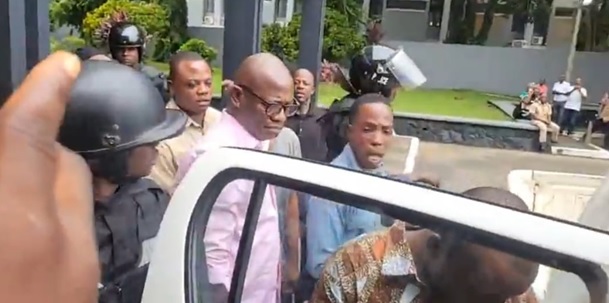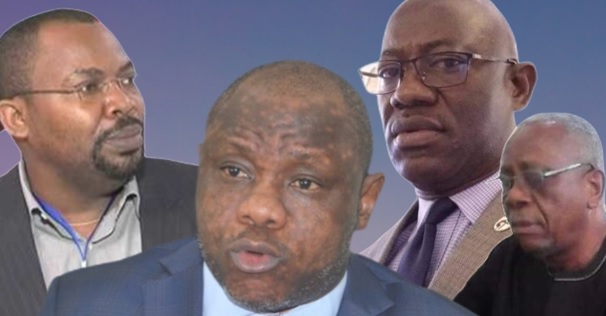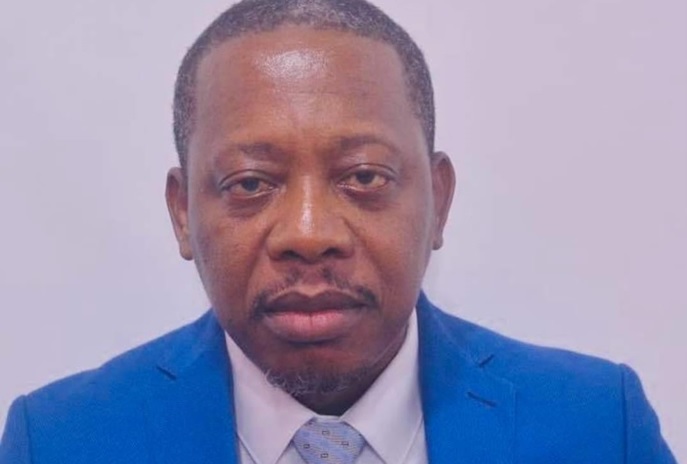MONROVIA, LIBERIA – Former Solicitor General Cllr. Nyenati Tuan and ex-Security Advisor Jefferson Karmol have been arrested and sent to Monrovia Central Prison following orders from the Monrovia City Court. Their arrest is part of an investigation into allegations of economic sabotage, theft, and illegal disbursement of public funds. This crackdown on corruption also involves other high-ranking officials, including Samuel D. Tweah, former Minister of Finance; Stanley Ford, former Director of the Financial Intelligence Agency (FIA); and Moses Copper, former Controller of the FIA.
The Monrovia City Court issued the writ today, detailing accusations that the defendants conspired to exploit their positions for personal gain. They allegedly integrated Stanley Ford into the National Security Council unlawfully, violating the National Security Act, which set the stage for further illegal activities.
Court documents outline events beginning in July 2023, when the accused reportedly orchestrated a plan to embezzle government funds. By September 2023, they allegedly executed the scheme, transferring significant amounts from the Central Bank of Liberia to FIA’s operational accounts under false pretenses.
The transactions in question involve L$1,055,152,540.00 and US$500,000.00, which were reportedly withdrawn shortly after the transfers. These unauthorized withdrawals were intended for personal enrichment, constituting a severe breach of public trust.
As part of the legal proceedings, the Monrovia City Court has mandated the arrest of all accused individuals. They are required to present themselves at the Temple of Justice to face the charges. This underscores the government’s commitment to tackling corruption at the highest levels.
The charges highlight Liberia’s broader efforts to improve financial accountability and transparency within its government. This case serves as a critical test of the nation’s judicial system and its ability to hold influential figures accountable for corrupt practices.
This high-profile indictment is expected to have significant ramifications for Liberia’s political landscape, raising questions about the integrity of public institutions and the measures in place to prevent corruption.
As the legal process unfolds, there is considerable public interest in the handling and potential outcomes of these proceedings. The situation underscores the ongoing challenges facing Liberia in its quest for good governance and ethical leadership.
This case may set a precedent for prosecuting corruption in Liberia, influencing the nation’s efforts to establish a culture of accountability and trust in the public sector. Both the nation and the international community are closely watching the Monrovia City Court as it navigates this pivotal moment in Liberia’s fight against corruption.







